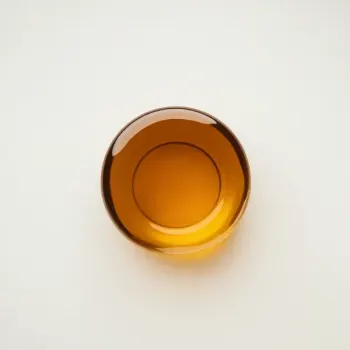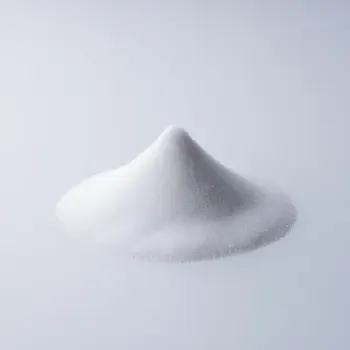Maple Syrup vs Sugar are two distinct sweeteners used in cooking and baking, with maple syrup offering a complex flavor and liquid form, and sugar providing a straightforward sweetness and granular texture.

Maple syrup is a natural sweetener made from the sap of maple trees. It is boiled down to concentrate its sugars and create a thick, amber liquid known for its distinctive, rich flavor.

Sugar, commonly referred to as table sugar or granulated sugar, is a crystalline carbohydrate derived from sugar cane or sugar beets. It is processed to create a sweet, white, and versatile sweetener used in a variety of dishes and cuisines.
Maple syrup and sugar differ in taste, with maple syrup having a complex flavor profile with hints of caramel, vanilla, and woodsy notes, whereas sugar has a straightforward, sweet taste. Texture-wise, maple syrup is a thick liquid, whereas sugar is granular and crystalline. Maple syrup is sourced from maple trees, while sugar is sourced from sugar cane or sugar beets.

Your ultimate Recipe Box, Meal Planner, and Cooking Class all in one
Best used in recipes like maple walnut cookies and pumpkin spice cakes, maple syrup adds moisture and a unique flavor. Expect a more nuanced taste and a slightly denser texture when using it in baking. Sugar is a go-to sweetener for classic baked goods such as shortbread cookies and vanilla cupcakes. It provides sweetness and structure, and allows for a fluffier texture in cakes and cookies.
Maple syrup is great in beverages like lattes or cocktails, where its liquid form and complex flavor can complement the drink's other components without overpowering them. Sugar is a staple sweetener in beverages such as tea, coffee, and lemonades. It dissolves easily and provides a clean sweetness without altering the drink's original flavors.
Maple syrup shines in breakfast dishes like pancakes, waffles, and oatmeal, providing a rich sweetness and enhancing the overall flavor profile. Sugar is often used in breakfast items like cereals, fruit yogurts, and pastries, giving a sweet kick-start to the day without the added flavors that maple syrup brings.
Maple syrup contains trace minerals and antioxidants not found in granulated sugar. However, both are high in sugars and should be consumed in moderation.
| Nutrient | Sugar ( per Tablespoon ) | Maple Syrup ( per Tablespoon ) |
|---|---|---|
| Fat | 0g | 0g |
| Sodium | 0mg | 2mg |
| Calcium | 0mg | 20mg |
| Protein | 0g | 0g |
| Calories | 49 | 52 |
| Carbohydrates | 12.6g | 13.4g |
Maple syrup contains more nutrients than granulated sugar and has a lower glycemic index, which may make it a healthier option in moderation.
Yes, but you'll need to reduce the amount of other liquids in the recipe and expect a slightly different flavor and texture.
Generally, use 3/4 cup of maple syrup for every 1 cup of sugar, and reduce other liquids by approximately 3 tablespoons.
Yes, it can. Because maple syrup may cause batters to brown more quickly, you may need to reduce the oven temperature and increase baking time slightly.
Yes, maple syrup is a plant-based product and is considered vegan.